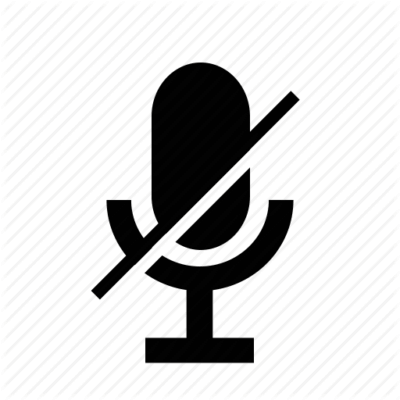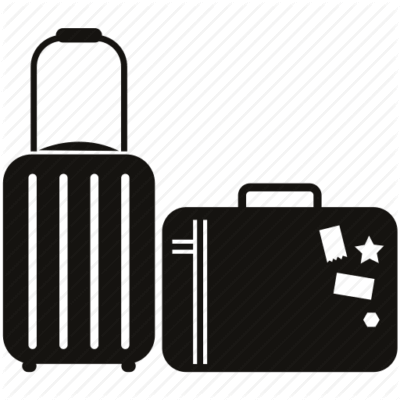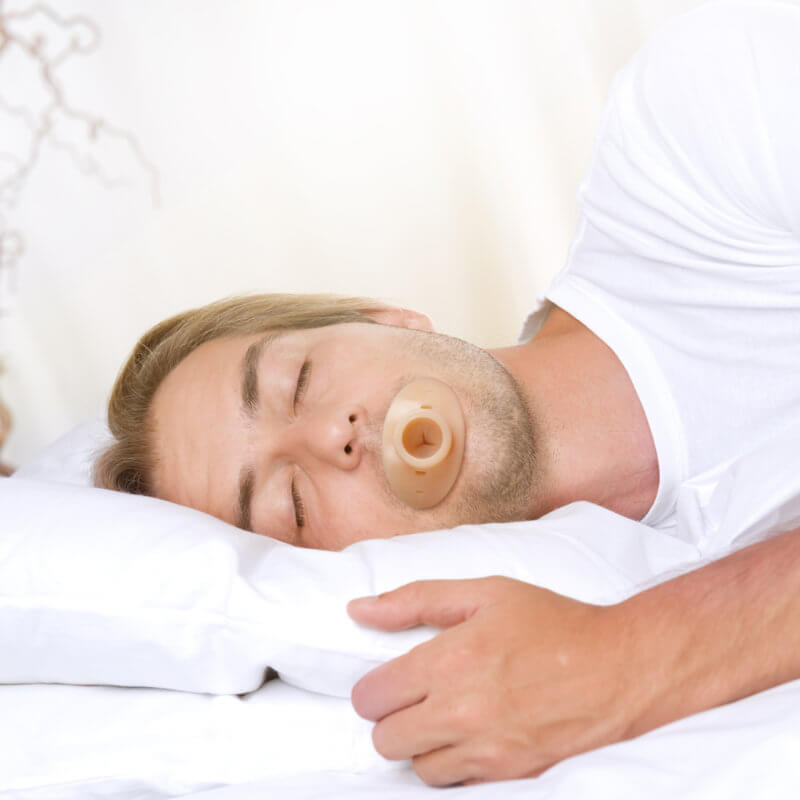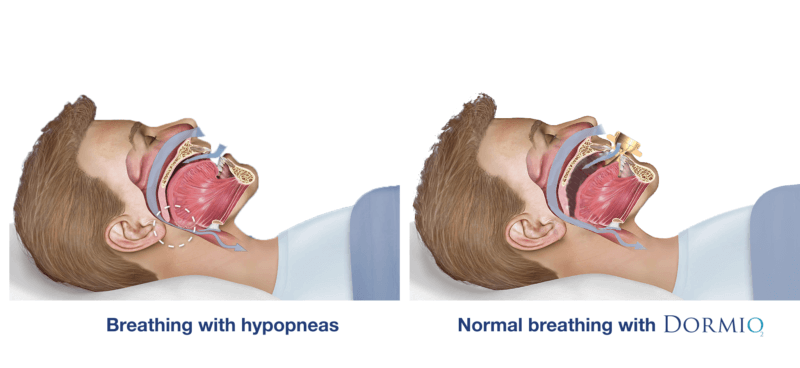Testimonials
I received this as a gift less than a week ago and have had amazing refreshed sleeps since. I highly recommend this product to anyone. It will take sometime to get use too it but it is a great product. Thank you for the restful sleep Dormio!
I am very pleased. Easy and convenient to use. Thank you to everyone who contributed to the product. I’m no longer afraid to stay with my friends. Great convenience.
When we first bought it, we questioned its effectiveness, but when we forgot to use it last night, we had no doubts. Thanks a lot to the inventors.
I have been using it for 1 week. The first few days passed with adaptation. This is also normal. But after getting used to it, I was incredibly relieved. We had come to the point of separating the beds with my wife. It definitely reduced my snoring significantly. While 8 hours of sleep was not enough before, now I feel that I woke up healthy and energetic with 7 hours of sleep.


















 Live Sales Support !
Live Sales Support !